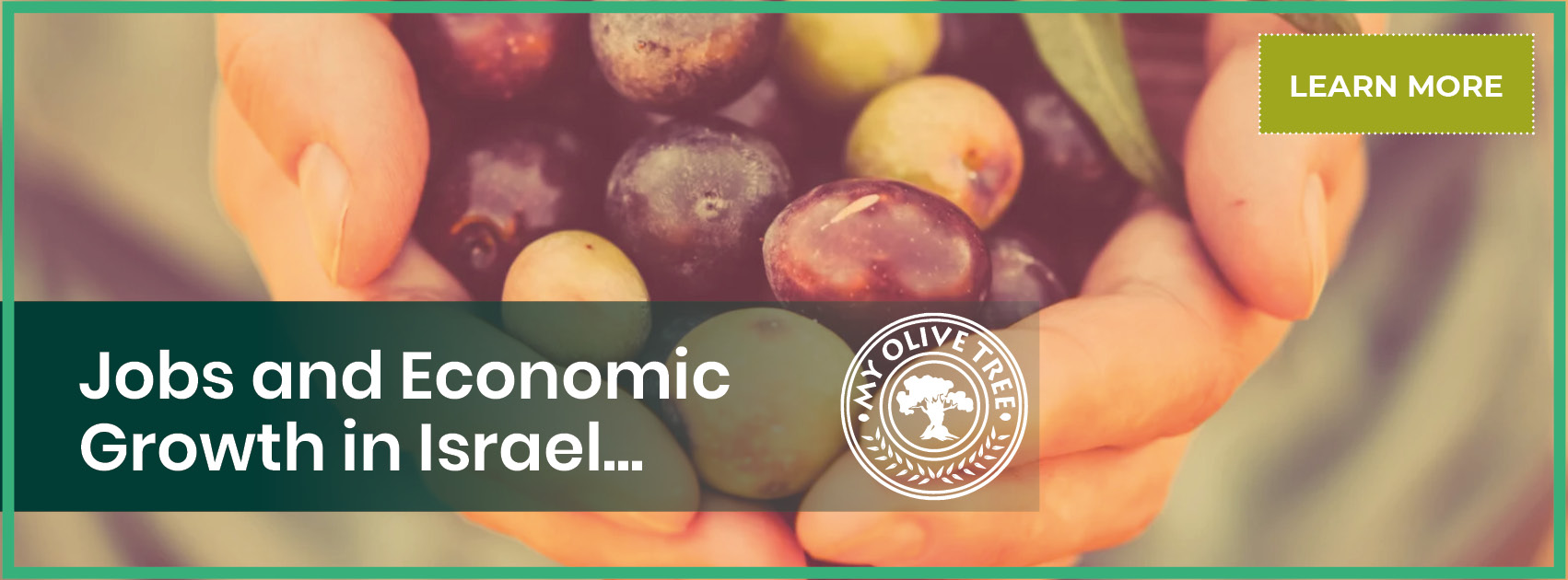Medicine has changed the way we live over the past 100 years. The latest technologies are giving people better tools to live healthier and more independent lives. These technologies help people connect and communicate in ways that were never before possible.
And it is no coincidence that our future is connected to our past. The place where biblical miracles originated is also bringing us some of today's most unique advancements!
Can You Detect Emotions over the Phone?
Even the best listeners can never pinpoint exactly how someone is feeling, especially when talking over the phone. This is due, in part, because most of human communication is nonverbal. If one cannot look the other in the eye and see their body language, there are millions of cues that may not be picked up on.
But, an emotion detector can. Beyond Verbal has developed a technology that can understand someone’s mood by listening for special cues. An obvious example might be a change in someone’s tone, but the program can detect even the most subtle of changes that human ears cannot.
This research was made possible by close partnerships with United States-based agencies and institutions such as the Mayo Clinic.
Beyond Verbal's technology is versatile, but one of their primary applications is to help customer service agencies understand how to better communicate with customers.
Maybe someday, parents will have access to this technology to help them communicate with their teenagers!
Is Bioprinting the Future of Organ Transplants?
You may have heard of 3-D printing, but have you heard of bioprinting? Instead of asking someone to donate a kidney, imagine being able to have the hospital print one for you!
This is the future that start-ups—such as CollPlant—are able to see right around the corner.
Bioprinting has already produced human organs and even saved a young girl’s life in Northern Ireland. But, one of the main challenges is creating or sourcing the collagen—and that is where CollPlant comes in.
Collagen is an essential protein that gives structure to the skin, hair, and bones. Instead of taking it from people, CollPlant has discovered a way to make tobacco plants produce collagen in their leaves. Since tobacco plants are hardy and easy to grow, anyone anywhere can have access to it.
Normally, collagen is used in cosmetic surgery, but as bioprinting technology improves, more and more lives will be saved.
CollPlant has done more than just create an inexpensive source of collagen—they have also created ointments that help wounds heal faster, bones repair efficiently, and more!
Can Artificial Vision Be the Ultimate Guide for Those with Visual Impairments?
Humanity has made remarkable progress in treating visual impairments. From contact lenses to corrective vision surgery, people can see better today than ever before. But a cure for blindness and other visual disabilities is still a bit out of reach. Even if we can’t help people see better, we can still help them navigate!
Imagine a small camera that attaches to the side of your glasses to serve as your guide… One that can read pages from a book, tell you the color of a shirt, and even recognize faces!
OrCam Technologies has developed exactly that, and these pioneers in artificial vision are setting their sights on the global market.
While most modern smartphones are capable of facial recognition and barcode reading, the OrCam MyEye has more powerful sensors that specialize in helping the vision impaired. Equipped with technology such as the OrCam, many people will gain the ability to perform everyday tasks that most of us take for granted.
Can Those with Autism Spectrum Disorders Improve Communication Through Technology?
One of the characteristics of autism is struggling with social interactions. Many people with autism are solitary, but not necessarily because they are not interested in making friends. Sometimes they just aren’t sure how.
Those who are diagnosed with an autism spectrum disorder tend to think, learn and operate differently than others. Young people with autism often struggle with articulating their thoughts, understanding social cues and picking up on emotions.
But, an app called Socky is bridging the gap between people on and off the autistic spectrum. Users can communicate on Socky with pictures, multiple-choice options, and text-to-speech capabilities… And the interface looks different for parents and kids so that it fits everyone’s communication styles. This provides social development for autistic children unlike ever before.
No matter what language they speak or what part of the world they are in, Socky can help make sure that every child can develop and socialize in ways that help them grow and develop their own unique skills and talents.
Does Your Back Ache from Poor Posture?
We often say that Israel has our back when we talk about the partnership between Israel and the United States, and now we mean it literally!
An Israeli start-up called UpRight has developed a device that can be worn on your back to remind you to fix your posture. The device is about half the size of a fist, and can be worn on your upper back. It syncs with a smartphone and has 2 modes: zapper on and zapper off…
If you have zapper off selected, the app will monitor your posture and give you a report on how often you maintain good posture.
When you select zapper on… BZZT! Instead of your mother telling you to sit up straight, a little buzz will do the trick! Don’t worry, it’s not an actual shock—just an alert on the app.
Investing in Israel, Manifesting Miracles
The tools that empower people to connect, communicate, and cooperate are available to us now so that we can invite more and more people to join us.
Together, we can make the world a better place! It starts with your investment in Israel.
When you invest in Israel, you are helping countless people from every walk of life. You are helping start-ups like these, and many others, to flourish. You are actively taking part in changing lives.








